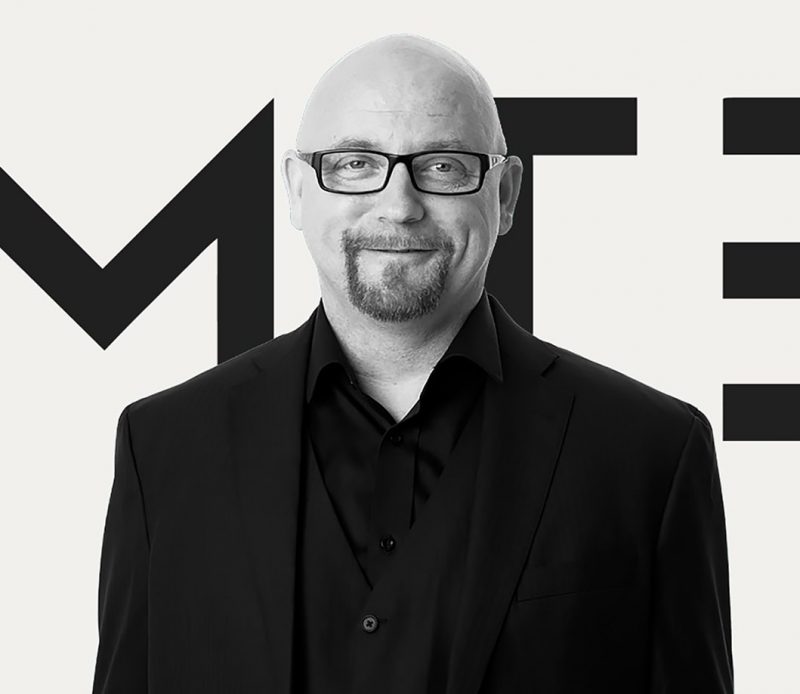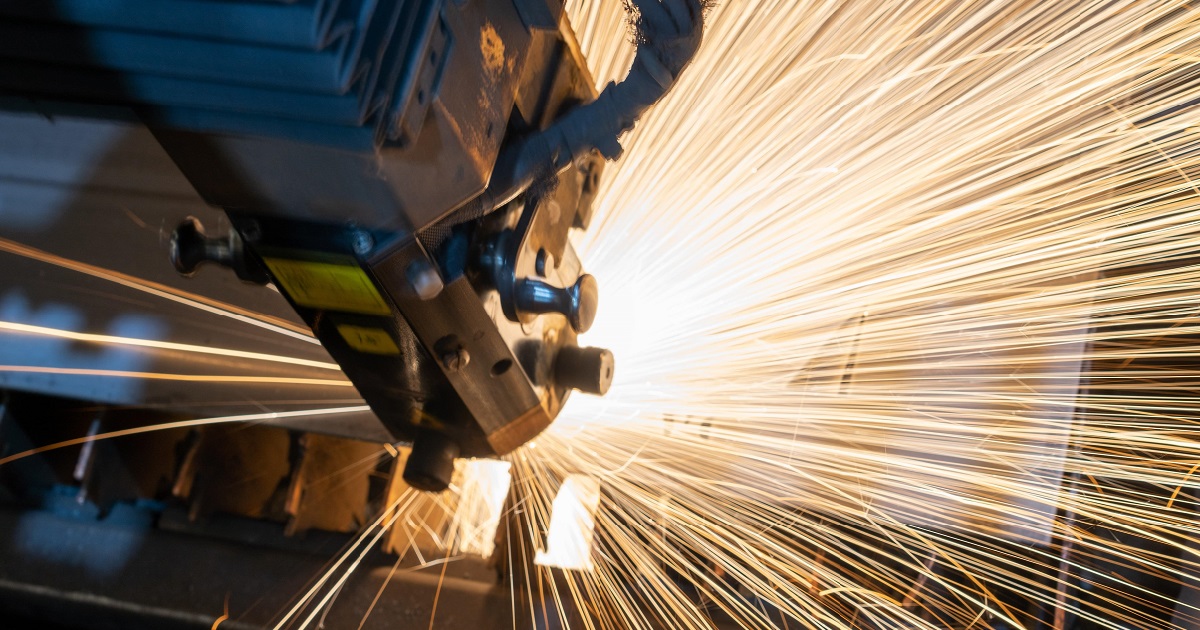Ask the Expert: Manufacturing Resilience
Here, founder and CEO of MTEK, Mattias Andersson, answers some questions on current challenges faced by the manufacturing industry, how to overcome them, his predictions for the industry’s growth in the coming years and more.
Manufacturing is one of the main cogs of an economy with agriculture, trade and tourism industries making up the rest. With the advent of the pandemic, there’s a need to address what are the next steps for industries to take to ensure resilience. One of four speakers who will speak at WIEF-SIDC POWERTALK virtual session on Post-pandemic Economic Landscape: Building Resilient Industries on 7 April 2021, is Mattias Andersson.
Mattias is the founder and CEO of MTEK, a Swedish information systems company specialising in the digitisation of manufacturing information. Three examples of MTEK’s technological innovations to ensure its relevance and longevity during a challenging period are: First, full visibility to the entire product manufacturing life cycle from raw material to finished goods shipped. Full ‘track and trace’. Second, full visibility to operational inefficiencies and their root cause across not only a single production line but across global production facilities as well. Third, integrated tools to identify and eliminate waste, maintaining efficiency and throughput to match demand.

Prior to the session, Mattias answers a few questions on the manufacturing industry including things they’re doing right, challenges faced and how they overcame it.
Q: How is the manufacturing industry in Sweden doing at the moment?
A: The manufacturing industry in Sweden and Europe is running well with a high utilisation rate. With that said, there has been a lot of impact from COVID-19 and with respect to severe material allocations impacting certain industries.
Q: What is your prediction for the industry’s growth in the next two years?
A: What we see happening in the manufacturing industry right now is the race to build resilient supply chains with more emphasis on digitalisation and real time visualisation, supported by an unprecedented traceability expectation. In order to minimise risk and secure supply, there’s a substantial push from manufacturers to increase visibility and performance tracking across the entirety of supply chains as well as within their own operations. The COVID-19 situation has dramatically increased the need and maturity for digital tools and methodologies, which we at MTEK, of course, find very interesting.
Q: What are the main challenges faced by the global manufacturing industry at the moment?
A: The first area to point to is the move toward digitalisation to deliver Sustainability, Traceability, Visibility and Performance. These areas are becoming even more important to product manufacturers moving forward as a way to deliver a strong customer experience. These client and consumer demands put pressure on product manufacturers to utilise digital tools and methodologies as a way to allow for instant access (traceability) and a fundamentally great product experience.
A second area that continues to concern the industry is the increased demographic challenge of an aging workforce and lack of available skilled labour. The industry still struggles with the need to make manufacturing jobs more interesting to attract a strong stable labour force.
A third area to point out is the general drive to a more sustainable approach to manufacturing which is driven in large part by consumer expectations. Thus, product design, the materials and disposal associated with a product, is being scrutinised more and more by consumers and that ripples upstream towards the manufacturers as well as supply chains of the world. That is to say, the way we are producing as well as what we are producing is quickly becoming more and more important. So, the digitalisation of manufacturing supply chains that drives out waste has a direct positive impact on the ability to contribute to sustainability on several levels.
Q: What sort of challenges have MTEK been facing during this pandemic period?
A: While we have been challenged to figure out a new way to work as many others have, MTEK has largely been impacted in a positive way in that we see the desire to adopt our digital solutions in the industry has increased immensely. That demand has been pulled forward.
Q: How do you overcome the challenges?
A: This has meant that we’ve been able to grow globally with our clients as they seek to digitise their operations and supply chains to address the issues we’ve already discussed and to become as efficient as possible in a high demand market. We think the digital transformation journey within the industry is just beginning and so are thankful to be in a position to help drive it.
Q: How does technology ensure a resilient manufacturing industry during a prolonged challenging economic period?
A: Obviously, one of the key things in manufacturing is maintaining efficiency and throughput (the amount of a product or service that a company can produce and deliver to a client within a specified period of time) to match demand. Anything that creates and imbalance in that equation must be addressed.
Q: What role does technology play in MTEK’s success as well as longevity?
A: What technologies like ours do is increase efficiencies considerably by identifying otherwise invisible factors that slow processes and throughput. Gaining efficiencies allows a manufacturer to mitigate the downside issues associated with uncertain finished goods demand as well as safeguards limiting labour as a result of COVID-19 health and safety concerns for production teams.
Q: What are your three advice for manufacturers struggling to survive an economic crisis?
A: One, digitalisation of the myriad information streams the operation both has and can have will help bring an order of magnitude increase to the efficiency work your team strives to deliver. Two, full digitalisation of this information not only drives day to day efficiencies but also gives a level of insurance against exceptions to the work stream. For instance, during product recalls, it saves thousands of man hours. Three, employing next level analytics will help plant management mitigate workflow, labour and throughput. These are challenges current systems and processes simply can’t identify or anticipate.
Q: What can we expect from you during your WIEF POWERTALK session on building a resilient manufacturing industry?
A: A much better understanding of the power of next generation Factory Intelligence Systems and how they can be the saving grace to a manufacturing world reeling from turbulent times.
Register now to attend the WIEF-SIDC POWERTALK Post-pandemic Economic Landscape: Building Resilient Industries. The virtual session is happening on 7 April 2021 at 3pm (MYT). It’s MYR 371 nett per person and eligible for 5 CPE points.
Main photo by Clayton Cardinalli on Unsplash.





